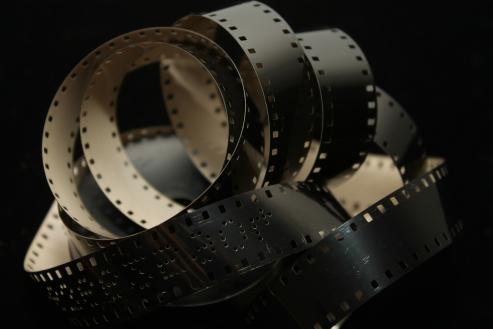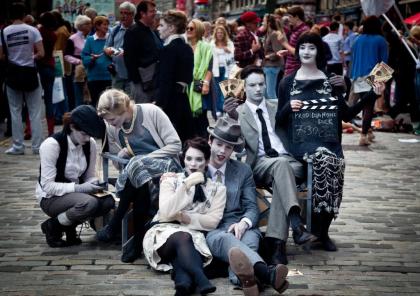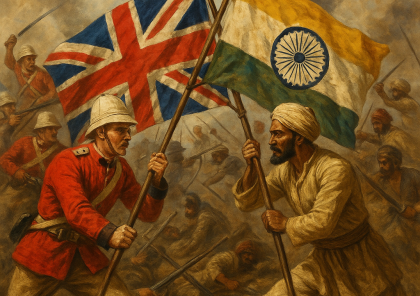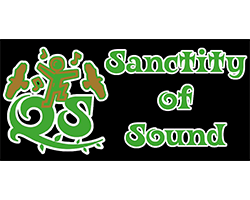
17/11/2023
This year marked the one hundred and thirtieth anniversary of the birth of film icon Mae West, whose battles with moralistic censorship in the early twentieth century cinema and theatre earned her a nomination for woman of the century by some students. The arts network Sky Arts in the UK screened a portrait of the life and times of the star on Thursday 20th October. West was an early feminist icon, inspiring many women with her refusal to be beholden to male patriarchy. She also adopted a progressive - for her era - interpretation of homosexuality as a person of the opposite sex trapped in a man or woman's body. Her self penned play The Drag in 1927 dealt with male homosexuality and cross dressing and startled fanatical religious groups who successfully stopped it short in its tracks. Whilst many of the gay figures in "The Drag" are tragic, the play was again decades ahead of the field. In a book written in 1975, when Mae West was eighty two, she remarked "I believe that the world owes male and female homosexuals more understanding than we've given them. Live and let live is my philosophy on the subject, and I believe everybody has the right to do his or her own thing or somebody else's—as long as they do it all in private!". Mae West is also considered today to have been a camp icon, as well as a feminist one and at least one queen on the hit television series Rupaul's Drag Race has been inspired by her clothes, demeanour and famous one liners.
















